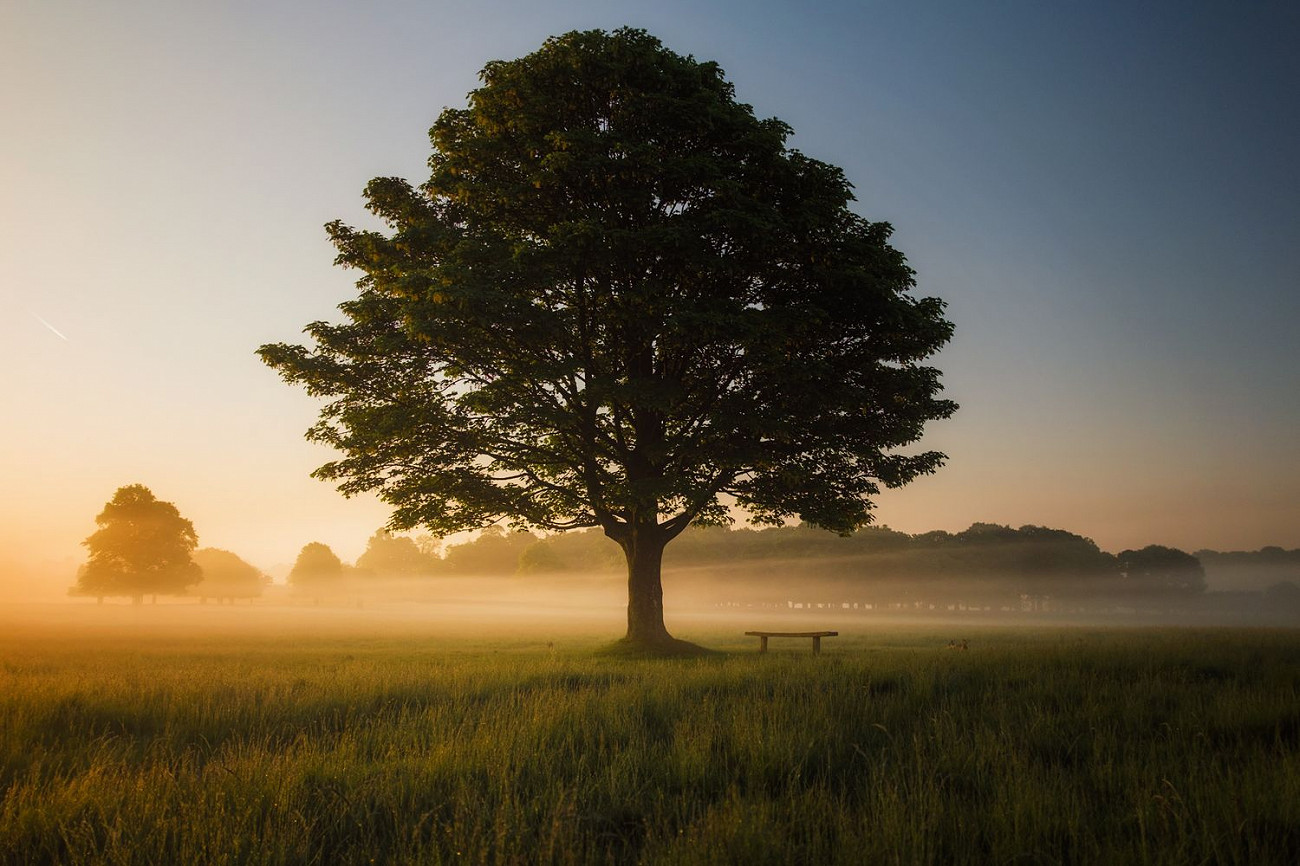This article is an extract from Transmission Private’s monthly newsletter, The Lede, which tracks the world of reputation management for private clients. You can sign up for the newsletter on our website via the tab at the bottom of this article or by completing the form here.
This isn’t going to be morbid is it? No. Legacy means much more than just what you put in your will. It’s what you leave behind and how you want to be remembered – something it’s generally wise to consider long before you expect to slip this mortal coil.
Why are you focusing on it now? I know I just said we wouldn’t be morbid, but let’s face it, the last five years have been pretty grim. On top of war in Ukraine and a global pandemic, we’ve also seen the rise of destabilising populism and the fake-news-led breakdown of fact-based public discourse. Unsurprisingly, this has focused minds about what kind of difference we want to make as individuals.
How about for families? For families, legacy has slightly different connotations. It’s as much about preserving – and enhancing – the good name of the family across generations, passing on wealth and ensuring the business is left in good hands. In either case, having clear values, mission and purpose can help ensure you leave the type of legacy you want.
How can thinking about legacy change behaviour today? It forces us to confront the long term. On a macro level, what kind of world will the next generation grow up in? Plenty of investors and business owners are seeing environmental degradation and the looming human cost of climate change and saying they don’t want to be remembered as the generation that let it happen. On a more local level, it tends to be less about what we do and more about ‘how’ – how we did business, how we led, and how we treated people.
Any advice for leading for legacy, other than waiting for a Damascene moment? The former CEO of Best Buy Hubert Joly once told me to imagine writing your own obituary. No one, he said, was going to have ‘hit $7 a share’ on their tombstone. She built a great business. He changed his industry and through it, the world. She gave back to the local community and treated her workers well. Their foundation still helps people a century later. Those are worthy aspirations. Once you know where you want to be, you can start to make it happen.
Takeaway... It’s never too early to think about the legacy you want to leave behind. This requires living your values, which begins with knowing them.

